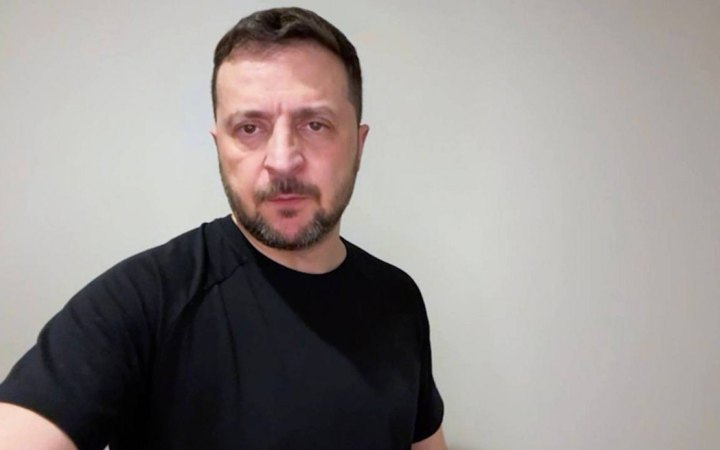Volodymyr Zelenskyy has instructed to prepare appropriate sanctions decisions on Georgia.
He said this in his evening video address on 4 December.
The President said that the Georgian authorities are ‘pushing the country towards obvious dependence on Russia’.‘It's just shameful what they are doing now against their own people. And when Moscow praises this government in Georgia, it clearly shows who they are working for in Tbilisi and for whom they are breaking up the protests. It is definitely not for Georgia,’ Zelenskyy said.
He added that the Ukrainian side is preparing a legal response and is working with the Europeans and other partners on specific actions.
Protests in Georgia
- On 28 November, the European Parliament called for re-elections to the Georgian parliament. The elections were held on 16 November and the ruling Georgian Dream party, which has been in power for 12 years, was declared the winner. The party has more pro-Russian than pro-European views. The elections were accompanied by numerous reports of fraud.
- Afterwards, the Georgian prime minister announced the suspension of negotiations with the European Union on the country's accession until 2028. The decision immediately provoked a public reaction: thousands of people took to the streets in the evening, and later President Salome Zourabichvili joined the protests.
- From the very beginning, the police dispersed the rallies. People gather mostly in the evenings and rally until the morning. Hundreds of people were injured in clashes with security forces.
- Over the six nights of anti-government protests in Georgia, security forces arrested more than 300 people. On Wednesday morning, the Georgian Interior Ministry announced the detention of 22 people, while the day before it reported a total of 293.








